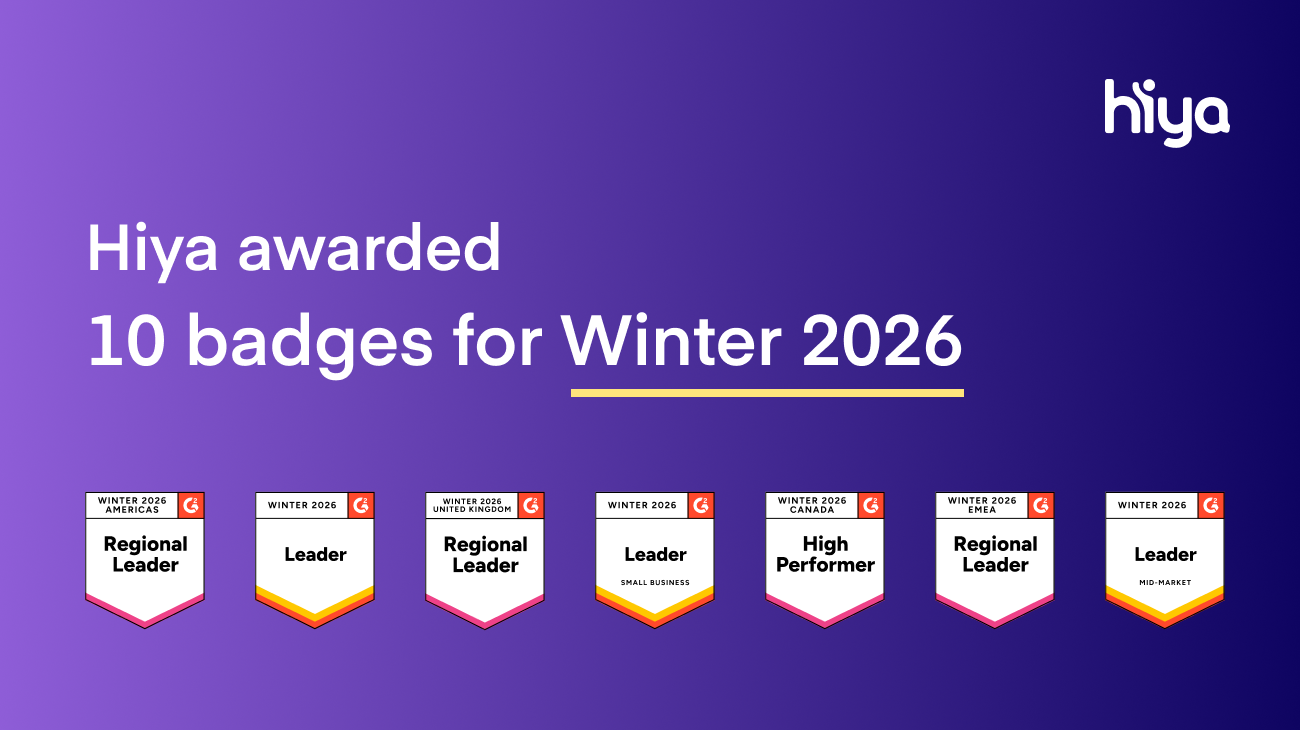
Anyone can be fooled by a phone scam. All it takes is to get caught off guard or to hear something that sounds plausible and act on it before you have time to think through it. But there are certain groups that scammers specifically target: the elderly, recent immigrants, children, and anyone in financial straits.
Carriers need to protect our most vulnerable populations from the scourge of phone scams. This type of fraud robs victims of their money — sometimes their entire bank account or savings — and their sense of security and overall trust in the voice call.
Below, we take a look at some of the demographics that are targeted by phone scams and how carriers protect their most vulnerable subscribers.
The elderly
According to a report from the Federal Trade Commission (FTC), older adults (those 60 and older) are not necessarily more likely to lose money to fraud, but when they do, they have higher monetary losses than younger adults (age 20-59). And those losses increase with age. 2022 statistics from the FTC show that the median amount lost by those 80 and over was $1,674 – three times higher than the amount for 20-29-year-olds.
Hiya has tracked the number of scams that specifically target older adults. There are Medicare scams where the caller seeks the victim’s Medicare number to falsely bill services, and Social Security scams that warn seniors that their benefits will end unless they pay a fee. Even worse are grandparent scams where a fraudster pretends to be a grandchild in trouble and needs money immediately to post bail or for legal services.
Children
About a third of children 8-9 own a mobile phone, and by age 18 that number jumps to 93%. That’s according to a 2021 census by Common Sense Media, which has been tracking mobile phone usage by kids for 20 years. Whether or not fraudsters intentionally target children when auto-dialing potential victims, it’s clear that younger children are less apt to recognize a scam and may be more willing to provide information to the caller.
Read the story of how Gabb Wireless, a mobile carrier that offers smartphones and watches for kids, partnered with Hiya to block spam and scam calls from reaching children.
Immigrants
Immigrants are increasingly being targeted by scammers who place calls to specific area codes where recent immigrants are likely to reside, such as border regions or urban areas. These new arrivals are less familiar with the laws of their new country, which makes them particularly susceptible to government imposter scams.
Chinese-language phone scams, covered in our recent Global Call Threat Report, remain one of the top three phone scams in Canada. These begin with a robocall in Chinese that informs the recipient that there is some kind of problem and they need to speak to a representative from the Chinese Embassy, the police, or Immigration Services. These calls can be pretty upsetting to someone who receives a call in their native language.
The poor and financially insecure
Wherever there is insecurity and uncertainty, there the scammers will be. We saw this recently with energy crisis scams in the U.K. These phone scams surged in the month leading up to a new government-sponsored energy credit.
In the U.S., debt relief scams are popular. They target consumers with credit card debt, falsely promising to negotiate with their creditors, but instead charging a hefty up-front fee while failing to settle or lower their debts. Likewise, student loan scams promise to reduce loan amounts and will prey on confusion over real governmental programs that pause or eliminate student loan debt.
How to stop scammers from preying on the vulnerable
The best way for carriers to prevent vulnerable subscribers from being victims of phone scams is to stop the scams before they reach subscribers. This can be accomplished with a robust spam/scam protection service like Hiya Protect. Hiya Protect can block potential scam calls — like it did for Gabb Wireless to protect its underage users — or it can label spam and fraud calls so subscribers can decide whether or not to pick up the phone.
Hiya uses advanced AI to fight increasing amounts of phone spam and fraud. For example, Hiya is the industry's first and only solution to offer Personal Call Filtering, formerly known as Personal AI, which uses past interaction history to understand which calls are important to individual subscribers and protect them from targeted attacks. Personal Call Filtering allows carriers to be more aggressive against spam and fraud without stopping wanted calls. Additionally, Hiya recently launched Enterprise Caller Scoring, which protects subscribers from callers who try to avoid detection by rotating phone numbers.
Enterprises can help their customers feel safe answering the phone by adding Hiya Connect, which enables businesses to display their company name, logo, and reason for the call on the recipient’s mobile phone. Hiya Connect can improve customer engagement and loyalty while protecting customers from deceitful interactions and brand reputation from inaccurate spam labeling. Get a free Reputation Analysis report to see if your customers are at risk. For consumers looking for ways to stop spam calls be sure to download the Hiya App for top-tier protection against potential fraud.

.jpg)

